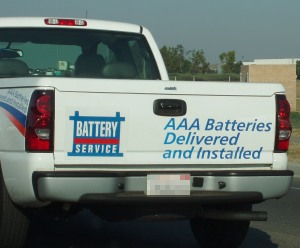While writing up my last post, I remembered something that really bugs me on Metrolink’s website.
The fare calculator tries to make the train cost look more appealing by showing you how much you’d spend driving the same trip, using a factor of 54.1 cents per mile from AAA’s driving cost formula.
Two problems:
1. They’re using the average value of all the cars on the road. Drive a gas-guzzling Hummer? A fuel-efficient Prius? Same cost estimate.
2. They’re using the formula wrong. It’s not intended to answer the question of “How much does this trip cost?” but “How much am I spending overall to use this car?” So in addition to fuel and maintenance, it also includes static costs of owning a car, like registration, insurance, interest payments, etc. Things that you’ll be paying whether you drive it today or not.
So unless you own an average car and plan on getting rid of it entirely, the comparison doesn’t actually tell you anything useful. But it does make Metrolink’s ticket prices look cheaper.
